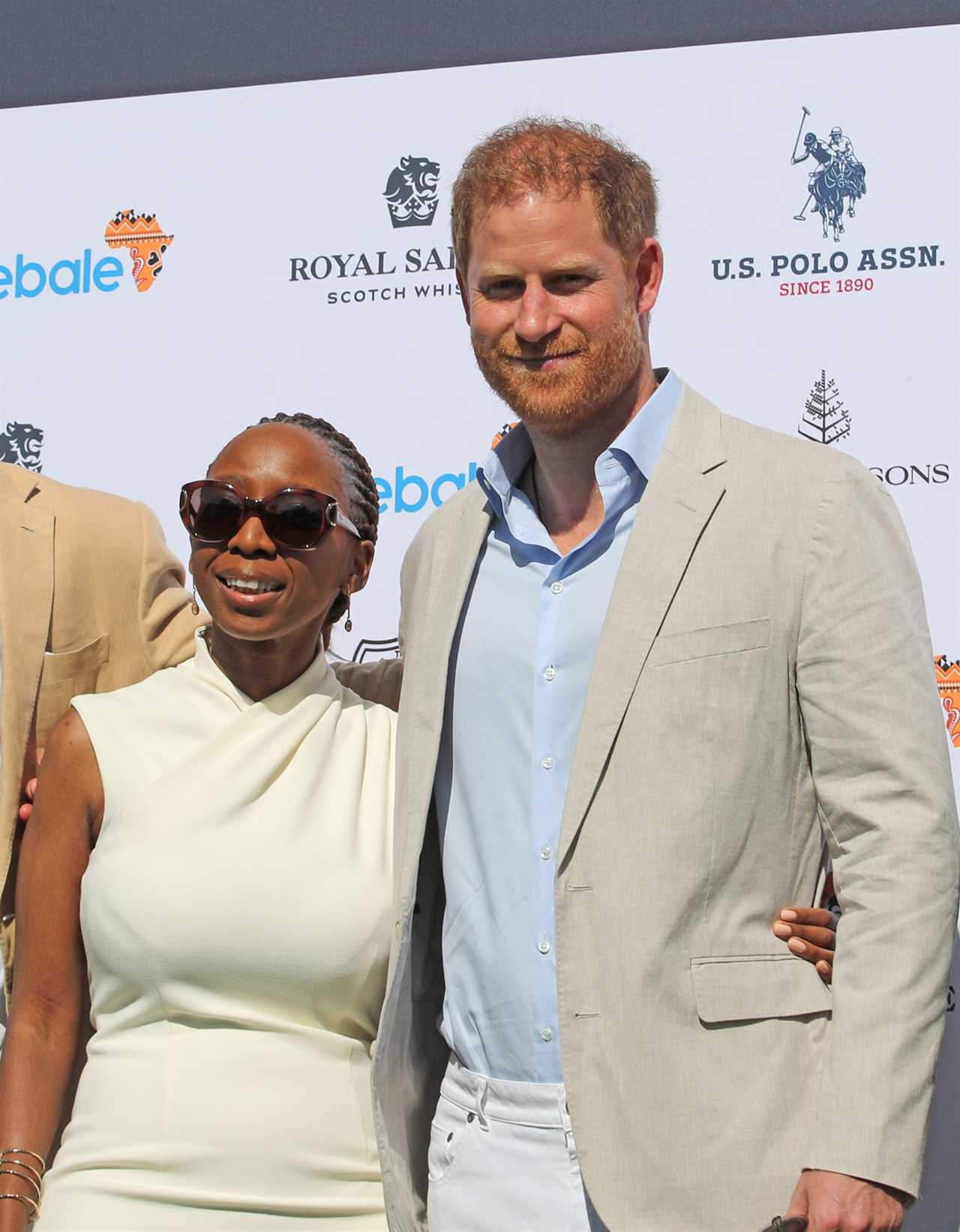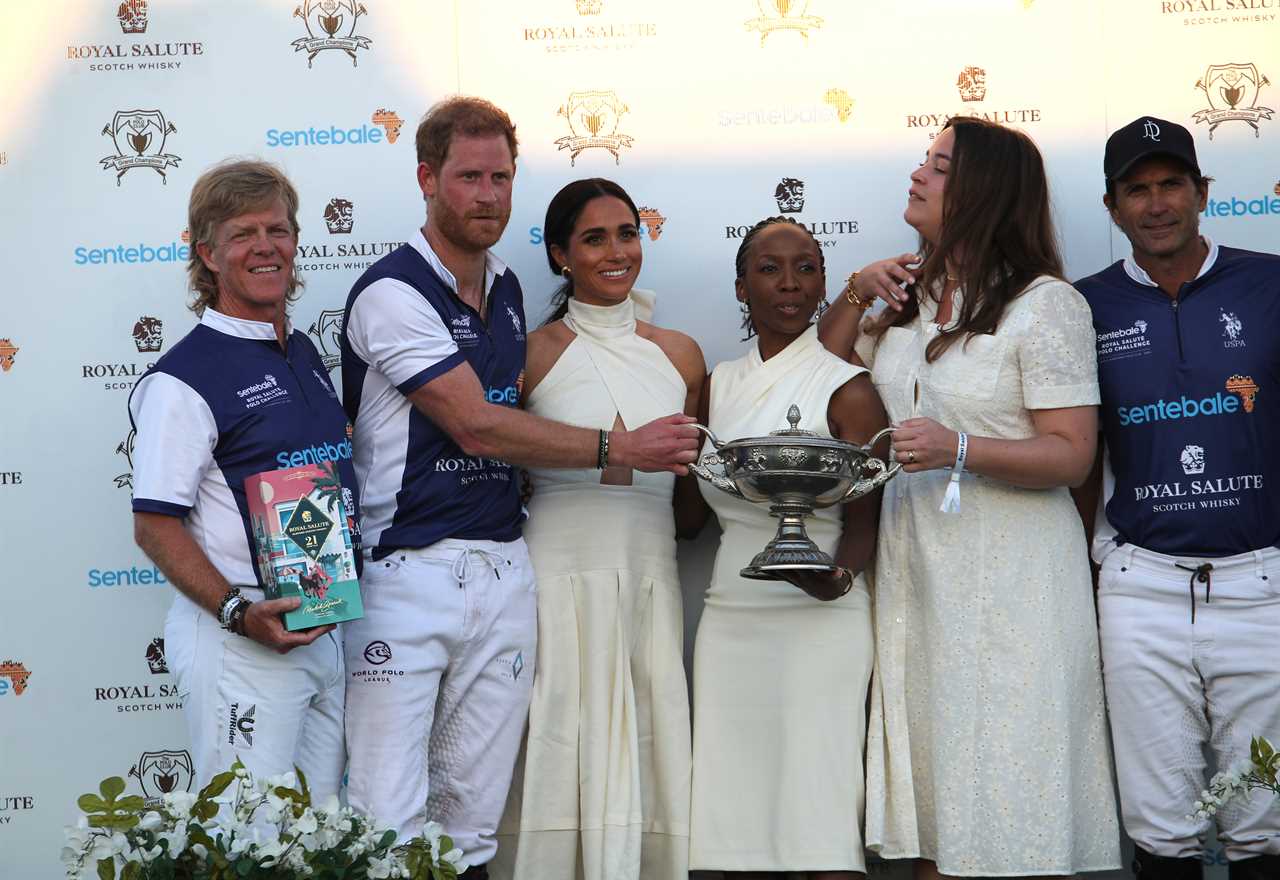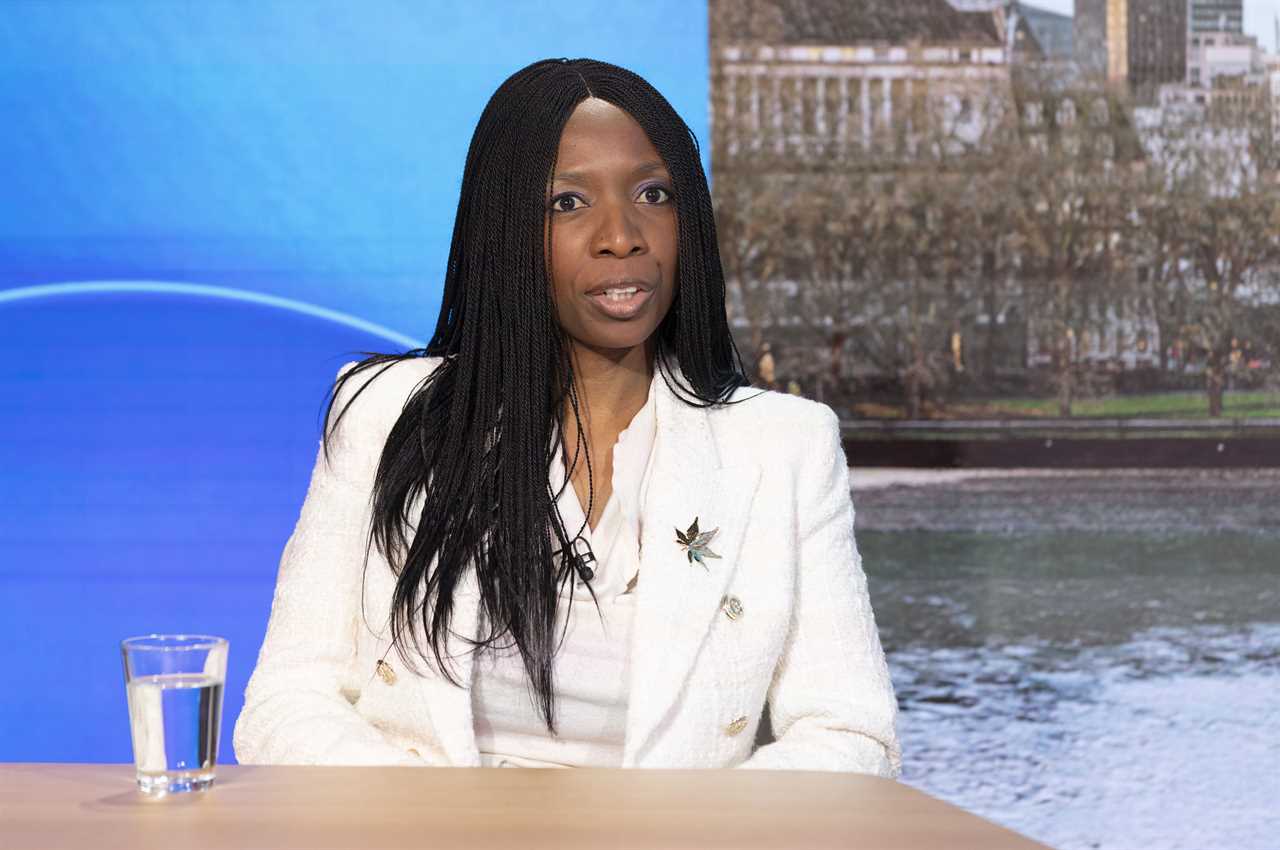
Friend Reveals Harry's Disbelief
Prince Harry is deeply taken aback by recent claims of harassment and bullying, according to a close confidant. The allegations, leveled by Sophie Chandauka, chairwoman of Sentebale, have added strain to the charity co-founded by the Duke of Sussex.
Harry Feels Betrayed by Charitable Rift
Alex Rayner, who shares a history with Harry from Eton and their 2012 North Pole expedition, disclosed that the Duke is "heartbroken" and "flabbergasted" by the accusations. Rayner spoke to MailOnline over the weekend, emphasizing that Harry felt as though "one of his fingers [had] been cut off" by these developments.
Underlying Tensions with Meghan Markle
Rayner suggested that Chandauka's allegations may stem from jealousy towards Meghan Markle, indicating internal conflicts within the charity. This perspective adds another layer to the ongoing dispute, which intensified after Harry stepped down as patron amid boardroom clashes.
Charity Leadership in Turmoil
The friction between Harry and Chandauka is not isolated. During a Sentebale fundraising event in Miami last April, tensions became palpable when Meghan Markle appeared to orchestrate seating, leading Chandauka to move away from Harry in an awkward display. This incident reportedly escalated tensions, culminating in public accusations of bullying.

Trustees Depart Amid Controversy
Multiple trustees have resigned from Sentebale, citing a breakdown in trust and confidence in Chandauka’s leadership. Former members including Timothy Boucher, Mark Dyer, Audrey Kgosidintsi, Kelello Lerotholi, and Damian West described their departure as “devastating” yet necessary for the charity's integrity.
Patrons Withdraw Support
In response to the ongoing conflict, Harry and co-founder Prince Seeiso have withdrawn their patronage from Sentebale. They released a statement expressing their sorrow over the deteriorating relationship within the charity, highlighting their commitment to the organization's mission despite stepping back from active roles.
Sentebale's Mission at Stake
Founded in 2006 in memory of Princess Diana, Sentebale focuses on aiding young people and children in southern Africa, particularly those affected by HIV and AIDS. The charity has been pivotal in providing support and resources to vulnerable communities, making the current leadership turmoil a concerning development for its ongoing projects.
Charity's Future Uncertain
The internal strife within Sentebale raises concerns about its future direction and stability. As investigations into the allegations continue, supporters of the charity await clarity on leadership and the path forward. A source close to the situation dismissed Chandauka’s public statements as a “publicity stunt,” reinforcing the divide among those involved.

Prince Harry Silent Amidst Storm
So far, Prince Harry has remained largely silent publicly on the matter, allowing friends like Rayner to speak on his behalf. As the situation develops, the focus remains on resolving the leadership conflict to ensure Sentebale can continue its work supporting young people and children in southern Africa.
Public Reaction Mixed
The public has been divided in their opinions regarding the dispute. While some express sympathy for Harry, viewing the accusations as unfounded attacks against his character, others call for a thorough investigation to uphold the charity's integrity. The situation underscores the challenges faced by high-profile organizations in maintaining unity and public trust.
Frequently Asked Questions
Are royal families involved in politics?
The level of political involvement varies by country. In constitutional monarchies, royals may have ceremonial roles without political power, while in absolute monarchies, they may wield significant influence over governance.
How do royal families maintain their relevance?
Royal families maintain their relevance through public engagement and adaptation to contemporary issues. Many royals focus on charitable work, participate in social causes, and utilize media platforms to connect with the public.
How do different cultures view royalty?
Different cultures have varied views on royalty, often shaped by history, religion, and societal norms. In some cultures, royalty is revered and seen as divine, while in others, it may be viewed with skepticism or as outdated.
What are the different types of royalty?
There are several types of royalty, including constitutional monarchs who have limited powers defined by a constitution, absolute monarchs who hold complete authority, and ceremonial monarchs who perform symbolic duties without governing powers.
What is the historical significance of royalty?
Historically, royalty has played a pivotal role in shaping nations, influencing laws, and establishing social order. Monarchs often acted as mediators in conflicts and were seen as embodiments of their nation's identity and unity.
What are the financial aspects of royalty?
The financial aspects of royalty can include income from state funds, personal investments, and inherited wealth. Some royal families also own extensive properties and assets that contribute to their financial status.
What is royalty?
Royalty refers to individuals who are members of a royal family, holding specific titles and privileges, often associated with governance and ceremonial roles within a state or nation. This includes kings, queens, princes, and princesses.
Statistics
- Royal weddings often attract massive global audiences, with the marriage of Prince Harry and Meghan Markle in 2018 drawing an estimated 29 million viewers in the United States alone.
- In Sweden, the monarchy has been a constitutional institution since 1809, with King Carl XVI Gustaf serving since 1973.
- The royal family of Japan is the oldest continuing hereditary monarchy in the world, with a history that dates back over 1,500 years.
- According to surveys, 60% of people in Canada support maintaining the monarchy as part of their national identity.
- In Spain, the monarchy was restored in 1975 after the dictatorship of Francisco Franco, and the current king, Felipe VI, ascended to the throne in 2014.
- In Thailand, the monarchy is deeply respected, with laws that prohibit criticism of the royal family, making it one of the strictest in the world regarding royal defamation.
- Royal families often have extensive wealth, with estimates suggesting that the House of Windsor is worth over £500 million.
- The average age of reigning monarchs worldwide is approximately 63 years old, reflecting both longevity and the hereditary nature of royal succession.
External Links
How To
How To Analyze the Impact of Royal Families on National Identity
To analyze the impact of royal families on national identity, begin by studying historical contexts and examining how monarchies have shaped cultural narratives. Investigate how royal symbols and traditions influence national pride and unity. Conduct surveys or review existing studies that measure public sentiment toward monarchy and its role in contemporary society. Consider the portrayal of royal families in media and literature, as these representations often reflect and reinforce national identity. Engage with scholarly articles and discussions on the topic to gain a comprehensive understanding of the relationship between royalty and national identity.
 PoliticsRoyaltySoap OperaGamingMoneyPrivacy PolicyTerms And Conditions
PoliticsRoyaltySoap OperaGamingMoneyPrivacy PolicyTerms And Conditions
